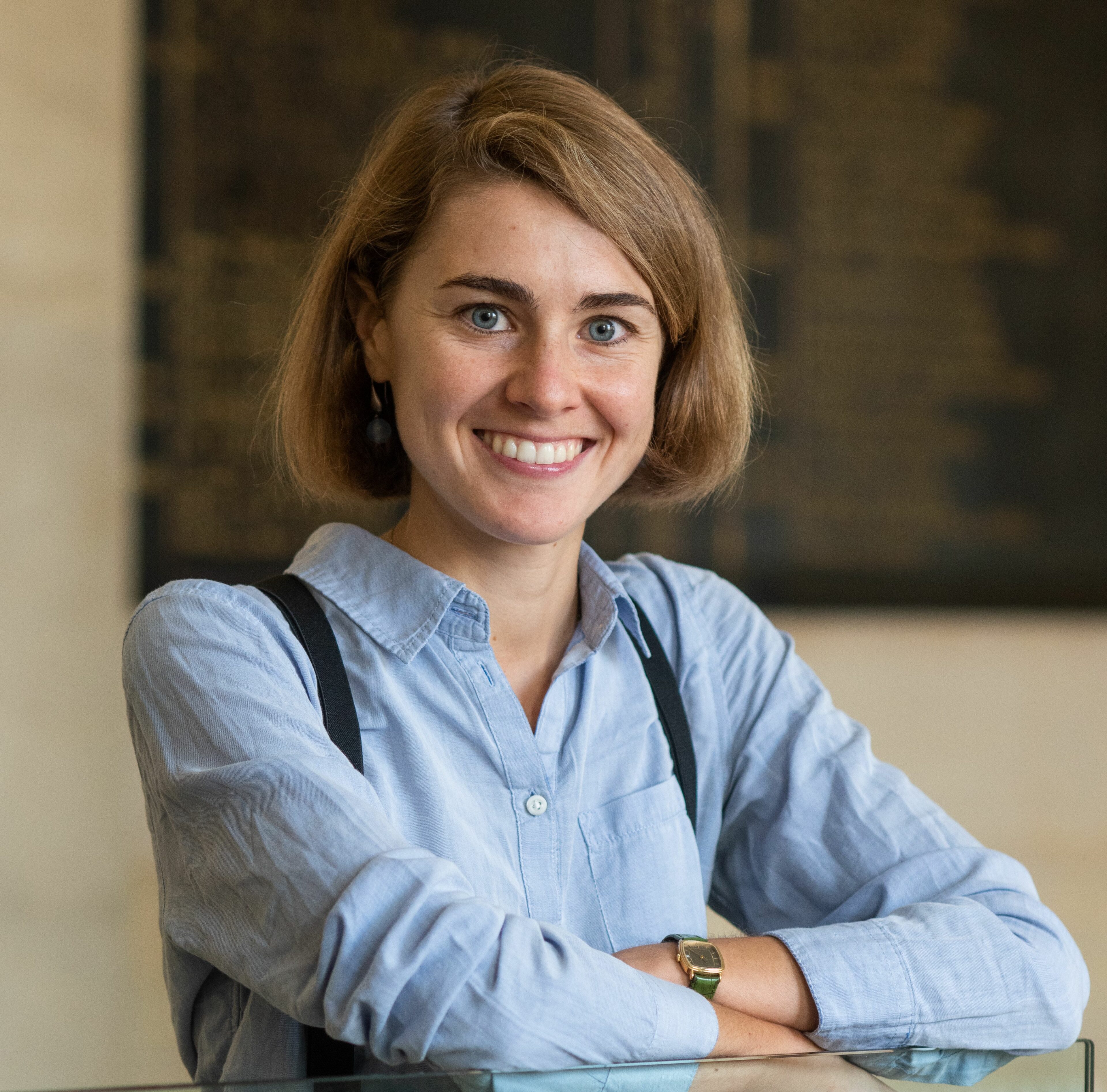
Biography
Dr Frances Clemente completed her doctorate in Modern Languages (Italian) at the University of Oxford. She holds a double degree in Humanities and Italian Studies at the University of Pisa and a MSt in Modern Languages (Italian) at the University of Oxford. She was visiting student at the Sorbonne University and Warwick University and visiting scholar at Columbia University. Alongside being Lecturer in Italian at St Hilda’s, she is Turpin Junior Research Fellow at Oriel’s College.
Her research on nineteenth- and twentieth-century Italian cultural and literary production focuses upon the notions of alterity and otherness, and how they relate to normative patterns of thinking and behaving. She draws on methodologies taken from cultural studies, literary criticism, psychoanalysis, feminist, ecofeminist, and queer criticism. Her research is distinctive for its broad chronological arc as well as its interdisciplinary outlook.
Her first monographic project, entitled The Ecstatic Dis-Order: A Cultural and Literary Investigation of Post-Unification Italy (1861-1915), deals with the investigation of the notion of ecstasy in Italian culture and literature between 1861 and 1915, looking at phenomena such as mystical raptures, magnetic ecstasies, mediumistic trances, hysterical extases, hypnotic trances, orgasms, and the way they were represented by authors like Antonio Fogazzaro, Luigi Capuana, Matilde Serao, and Gabriele D'Annunzio.
Her new project, entitled The Woman Is a Beast: Animalising Female Characters from Post-Unification to Fascist Italy (1861-1943), will investigate in-depth the association of women with animals in Italian literature and culture from their scientific debasement during the post-unification years to their othering/exoticisation under colonialist and fascist rule. Drawing on ecofeminist and psychoanalytic thought, it will offer innovative attention to the theme and to the way it explores questions of animality, gender, and race in the years under study, ultimately tracing a genealogy of the subalternisation of women as beasts, and foregrounding it as a timely trope for the present day.
She has published on authors like Giacomo Leopardi, Gabriele D'Annunzio, Elsa Morante, Matilde Serao, Antonio De Curtis (Totò), Silvio Pellico, Hans Christian Andersen, and Anna Vivanti-Lindau.
She has a distinctive interest in Southern Italian and, specifically, Neapolitan culture, history, and literature, which she pursues both at an academic and public engagement level.
Recent Publications
- with Greta Colombani, Nightmares in the Long Nineteenth Century (Palgrave Macmillan, 2025)
'Leopardi “larmoyant” e meridionale: sul leopardismo nell’opera di Matilde Serao’, essay in edited volume, Contaminazioni Leopardiane, ed. by Olmo Andrea Calzolari, Alessandra Aloisi, Emanuela Tandello (Milan-Udine: Mimesis, 2024), 251-270
'From body of order to body of disorder: Beatrice’s ecstatic metamorphosis in Matilde Serao’s Cuore infermo (1881)’, Italian Studies, 79.3 (2024): 1-17, DOI: 10.1080/00751634.2024.2344406
'Alienation, innocence, and death in Naples: unmasking the poetic world of Antonio de Curtis’, The Italianist, 44.1 (2024): 1-20, DOI: 10.1080/02614340.2024.2327238
'“And now the great day had come, the 14th of May, 1865!”: Anna Vivanti-Lindau e il seicentenario dantesco’, Italian Studies, 78, 4 (2023): 399-420
Positions
- Lecturer in Italian
Subjects
- Italian
- Modern Languages
